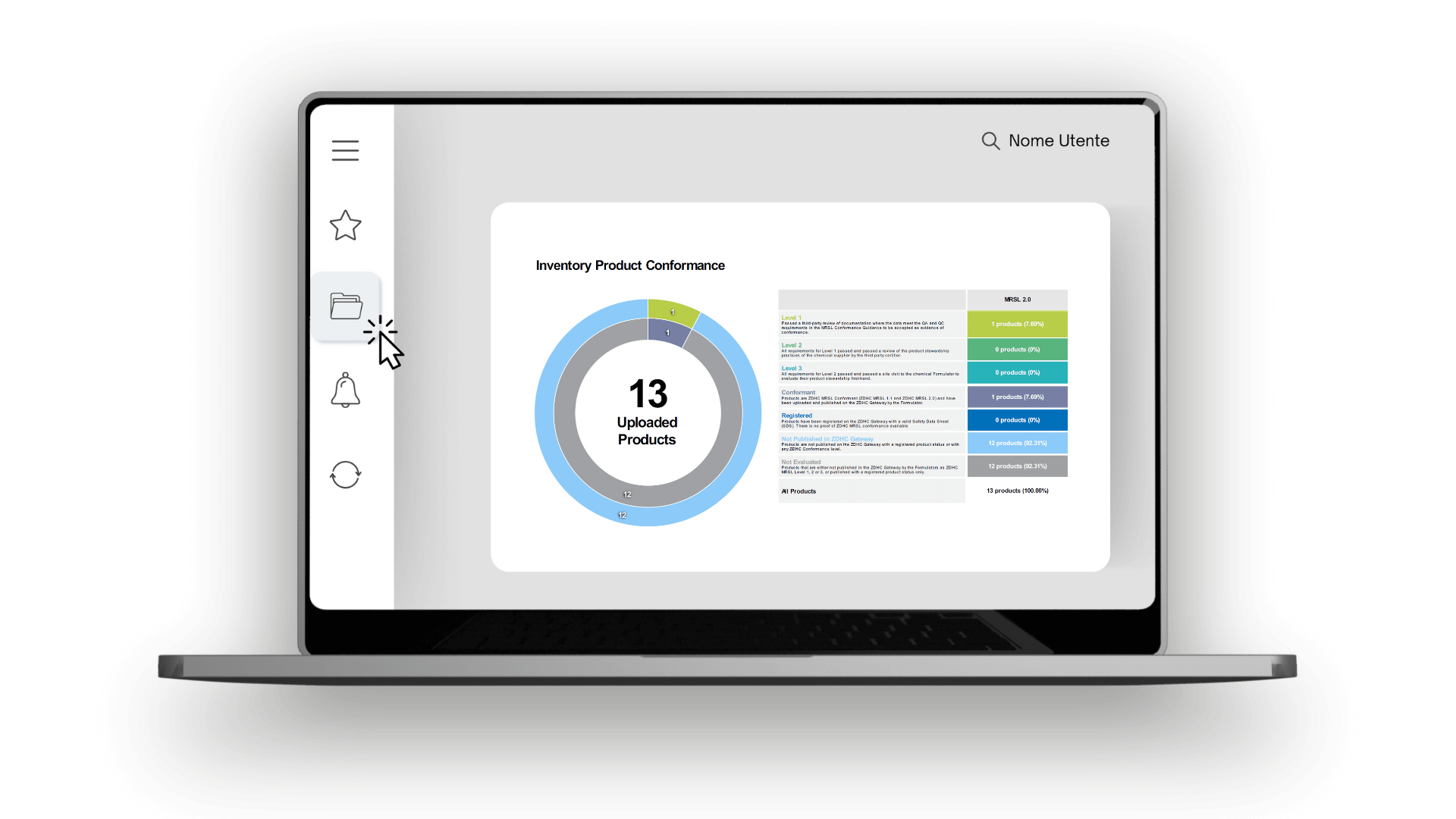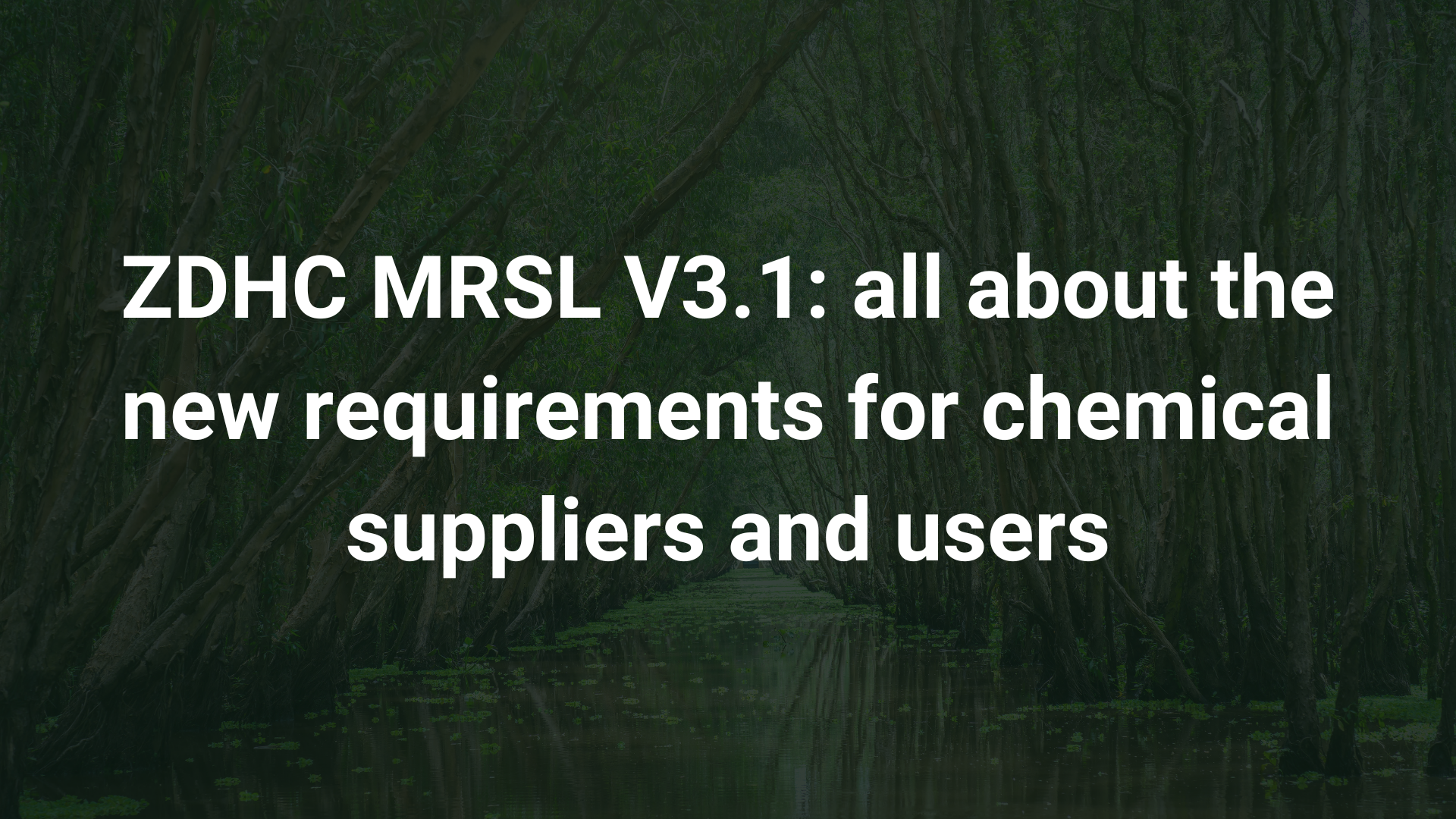
With Ympact Platform you can check easily, quickly and accurately your level of compliance with ZDHC standards for the chemicals used in the production processes of the fashion & luxury supply chains.

29 March 2023
If you are reading these words, you are probably a chemical supplier or work in a factory that uses such products.
You have heard of the ZDHC MRSL program for sure, which establishes minimum requirements for chemicals used in the textile and apparel industry.
If not, we suggest you get up to speed by reading our article “How to enable an InCheck Report by following the ZDHC’s guidelines“, which clearly and simply explains everything you need to know.
Here below, however, we will analyze the recent Industry Implementation Plan for ZDHC MRSL V3.1, which introduces additional and new requirements for suppliers like you.We will provide you with all the information you need to understand the changes introduced by the Implementation Plan and to ensure that your products and processes comply with the new regulations.
Table of contents:
The recent Industry Implementation Plan for ZDHC MRSL V3.1 states that the list of ZDHC-approved MRSL certifiers will be finalized by February 2023.
As of April 2023, it is therefore important to start communicating with chemical suppliers about the need for ZDHC MRSL V3.1-compliant products. However, suppliers can still purchase and use ZDHC MRSL V2.0-certified chemicals during the transition period until November 2023.
It is important to keep in mind that after November 2023, suppliers will only need to purchase ZDHC MRSL V3.1 certified products for their inventory. The remaining ZDHC MRSL V3.0 inventory can be used until June 2024.
Therefore, if you are a chemical supplier, be sure to properly plan for the transition to ZDHC MRSL V3.1 compliant products.
If you are a supplier, please note that your customers still purchase ZDHC MRSL V2.0-compliant products, but only until November 2023. Following, factories will have to purchase only ZDHC MRSL V3.1-compliant products.
It is important to take these requirements into account and plan for any changes in their production processes promptly.
It is equally essential for suppliers to properly prepare for the transition to ZDHC MRSL V3.1-compliant products and for customers to consider these new requirements when purchasing chemical products.
The transition to ZDHC MRSL V3.1-compliant products will help ensure the sustainability and safety of chemicals used in the textile and apparel industry.

Regarding the transition to the new MRSL V3.1 requirements, fore sure it that this will affect the collection and reporting of data on chemicals used in production processes.
In particular, concerning Performance InCheck Reports, which are a key tool for monitoring the compliance of chemicals used against ZDHC MRSL requirements.
During the transition period which will last until November 2023, the reports will contain information on both ZDHC MRSL V2.0 and V3.1 compliant products.
However, the vendor shouldcommit to transitioning to ZDHC MRSL V3.1 certified products and monitoring progress through Performance InCheck Reports.
After November 2023, the Performance InCheck Reports will show only ZDHC MRSL V3.1 certified products. Vendors should ensure that ZDHC MRSL V3.1 compliant products are purchased after November 2023 by their facility
Starting January 1, 2023, the ZDHC Gateway will be updated to reflect the structural changes made to the ChemCheck report and Performance InCheck Report during and after the ZDHC MRSL V3.1 and ZDHC Conformance Guidance V2.0 transition period.
Remember that these tools are an important step forward in protecting worker health and the environment and that every actor in the textile supply chain must take the right steps to ensure compliance with ZDHC MRSL V3.1 requirements.
Do you have any doubts or want to understand better? Book a free demo call with us. We will be happy to help you!

As you already know, the ZDHC Gateway is the platform for verifying the compliance of products with the ZDHC MRSL, which are the restrictions on chemicals for sustainable textile production.
As of January 1, 2023, a transition period will come into effect, ending on October 31 of that year. During this period, it will still be possible to check the compliance of products under both ZDHC MRSL version 2.0 and the new ZDHC MRSL version 3.1.
However, as of November 1, 2023, products uploaded to the ZDHC gateway will have to comply only with the new ZDHC MRSL 3.1 version and the related ZDHC Conformance Guidance V2.0.
This means that your company will have to adapt to these new chemical restrictions if it wants to continue using the ZDHC gateway to verify the sustainability of your products.
As of January 1, the ZDHC gateway will only accommodate ZDHC MRSL-compliant chemicals with proof of compliance and then only ZDHC MRSL Level 1,2,3. The product status of “Registered” will disappear.
This means that only chemicals that comply with the ZDHC MRSL standard will be published on the ZDHC gateway, in line with ZDHC’s commitment to sustainability.
In addition, a new “Expired” product status will be introduced. An “Expired” product is a chemical with an expired ZDHC MRSL certificate of compliance.
An expired product will still be visible (published) on the ZDHC Gateway for 8 weeks so that the formulator has time to re-certify the chemical.
Once the 8 weeks have passed, the chemical is no longer published unless there is a new ZDHC MRSL compliance certification.
This mechanism ensures that manufacturers always follow the ZDHC MRSL standard and do not use non-compliant chemicals.
Safety Data Sheet (SDS) uploading is mandatory for all products that comply with the ZDHC MRSL standard.
Products certified according to ZDHC MRSL V3.1 can be uploaded and published on the ZDHC Gateway. This means that these products have been tested and approved according to the highest standards of safety and sustainability.
However, if you have products certified according to ZDHC MRSL V2.0, don’t worry! You will still be able to upload and publish them on the ZDHC gateway until October 31, 2023.
This is a transition period to fully transition to the new version of the certification, but we recommend that you act as soon as possible to avoid any disruptions in production.
In the case of products that have been certified for both versions of ZDHC MRSL (2.0 and 3.1), certification for ZDHC MRSL 3.1 prevails. This means that products certified according to the latest version will be given priority and will have the highest visibility on the ZDHC Gateway.
Finally, we want to emphasize that ZDHC MRSL certification is extremely important to demonstrate commitment.
If you use certified chemical products you can be considered an industry leader in the fight against chemical pollution and environmental degradation.
This, according to the brand, can be a valid reason to choose you and your company over another.
After having seen the substantial changes at the beginning of the transition period, now let’s have a look at those that will be there at the end of the period, specifically after October 31, 2023.
As of November 1, 2023, products that have only been certified against ZDHC MRSL 2.0 will no longer be able to be uploaded and published on the ZDHC Gateway.
If a product has only been certified against ZDHC MRSL 2.0 and not against ZDHC MRSL 3.1 until November 1, the product will be moved to an “Expired” public product status for 8 weeks.
It is important to keep in mind that if the product is not rectified against ZDHC MRSL 3.1 within 8 weeks, it will automatically be unpublished and no longer visible on the ZDHC Gateway until a new valid ZDHC MRSL 3.1 certification is uploaded.
Shortly, this means that you will need to carefully check that all of its products are also certified against the latest version of the standard.
However, it is also important to note that the Performance InCheck Report will still show ZDHC MRSL 2.0-certified products until May 31, 2024.
So you have enough time to adapt to the new standard and that you can make sure, with the right amount of calm and care, that all your products are compliant.
No doubt the changes taking place and the new requirements represent a major revolution that will change the face of the industry substantially.
We recommend that you keep up with the updates and make sure you have a valid certification for the latest versions of the standard.
If you have any doubts or need support, contact us: we are available to help you take this important step toward a more sustainable future in the best, easiest, and smoothest way possible.
We have come to the end of this article, and we hope that the information you found will be useful.
If you are interested in learning more about our solution and would like to know how it can help you with your business, book a free demo call with us.
fast. simple. accurate.
fast. simple. accurate.
1
TALK WITH US
Request a free consultation with one of our Ympact Specialists
2
SELF-ASSESS YOUR COMPANY
Register on the Ympact Platform and choose the 4s Chem assessment
3
get the incheck report
View your reports, consult them whenever you want and share them with interested parties

Ympact Srl
Società Benefit
HEADQUARTER
Piazza IV Novembre, 4
20124 – Milano (MI)
VAT NUMBER
IT12342390965

With Ympact Platform you can check easily, quickly and accurately your level of compliance with ZDHC standards for the chemicals used in the production processes of the fashion & luxury supply chains.